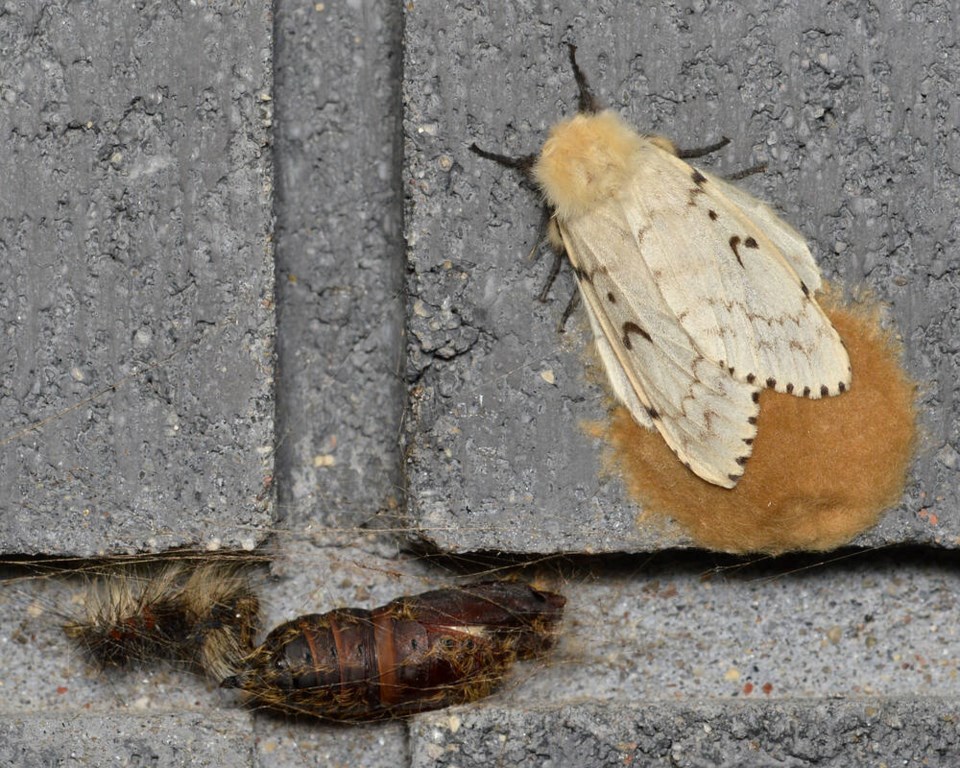It appears the Town of Halton Hills is winning the war against the dreaded, tree-destroying, flying nuisance of the lymantria dispar dispar (LDD), formerly known as the gypsy moth.
Director of Public Works Mark Covert says that LDD programs are “going well in that the population seems to have collapsed this year. We've seen very little or no signs of significant defoliation and virtually no calls from the public.”
The moths came to North America in 1869 when French naturalist Étienne Léopold Trouvelot brought them from Europe and tried to breed them with local silkworms in Massachusetts. He figured that cross breeding them would allow them to feed on oak trees, making the silkworms easier to breed. The LDDs escaped and spread throughout the continent, leaving destruction in their wake. They are an invasive species that can defoliate entire forests if left unchecked. They arrived in Ontario sometime in 1969.
Covert believes it could be any number of factors that brought on the collapse. These can include pathogens, natural predators, cold winter and a relatively cool spring.
“Some combination of all those factors has led to what appears to be a collapse of the population this time around in our area,” he said.
The Town also hands out free burlap kits to wrap around trees as a means to deal with the caterpillar population.
Covert said that this time last year there was a boom in the population, but this year things are different.
“We're really getting to the stage now where the caterpillars will be starting to pupate. So I think we would have seen something by now or received some calls, but it seems to be collapsing. And if that's the case, then hopefully it will be another seven, eight years before we see another rise in the population again.”
Touching an LDD caterpillar can cause painful irritation similar to poison ivy. Their droppings can be a nuisance as well as their mere presence in a picnic area.
The Town has used a biological insecticide called BtK through ground spraying in the past. BtK stands for bacillus thuringiensis kurstaki, which is a type of bacteria that is particularly lethal to lepidopterans - the family of insects that includes moths and butterflies.



